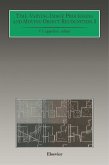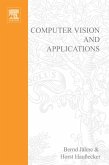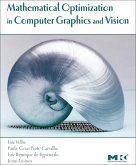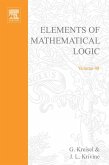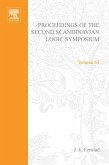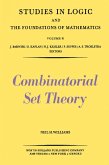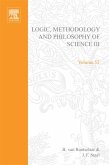- "Find it hard to extract and utilise valuable knowledge from the ever-increasing data deluge?" If so, this book will help, as it explores pattern recognition technology and its concomitant role in extracting useful information to build technical and business models to gain competitive industrial advantage.
- *Based on first-hand experience in the practice of pattern recognition technology and its development and deployment for profitable application in Industry.
- Phiroz Bhagat is often referred to as the pioneer of neural net and pattern recognition technology, and is uniquely qualified to write this book. He brings more than two decades of experience in the "real-world" application of cutting-edge technology for competitive advantage in industry.
Two wave fronts are upon us today: we are being bombarded by an enormous amount of data, and we are confronted by continually increasing technical and business advances.
Ideally, the endless stream of data should be one of our major assets. However, this potential asset often tends to overwhelm rather than enrich. Competitive advantage depends on our ability to extract and utilize nuggets of valuable knowledge and insight from this data deluge. The challenges that need to be overcome include the under-utilization of available data due to competing priorities, and the separate and somewhat disparate existing data systems that have difficulty interacting with each other.
Conventional approaches to formulating models are becoming progressively more expensive in time and effort. To impart a competitive edge, engineering science in the 21st century needs to augment traditional modelling processes by auto-classifying and self-organizing data; developing models directly from operating experience, and then optimizing the results to provide effective strategies and operating decisions. This approach has wide applicability; in areas ranging from manufacturing processes, product performance and scientific research, to financial and business fields.
This monograph explores pattern recognition technology, and its concomitant role in extracting useful knowledge to build technical and business models directly from data, and in optimizing the results derived from these models within the context of delivering competitive industrial advantage. It is not intended to serve as a comprehensive reference source on the subject. Rather, it is based on first-hand experience in the practice of this technology: its development and deployment for profitable application in industry.
The technical topics covered in the monograph will focus on the triad of technological areas that constitute the contemporary workhorses of successful industrial application of pattern recognition. These are: systems for self-organising data; data-driven modelling; and genetic algorithms as robust optimizers.
Dieser Download kann aus rechtlichen Gründen nur mit Rechnungsadresse in A, B, BG, CY, CZ, D, DK, EW, E, FIN, F, GR, HR, H, IRL, I, LT, L, LR, M, NL, PL, P, R, S, SLO, SK ausgeliefert werden.



